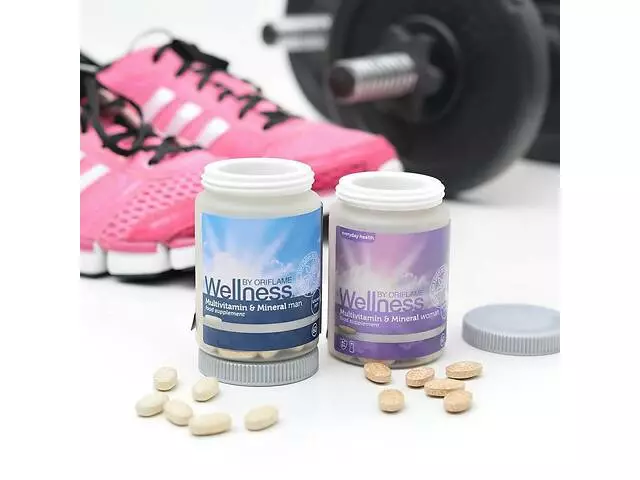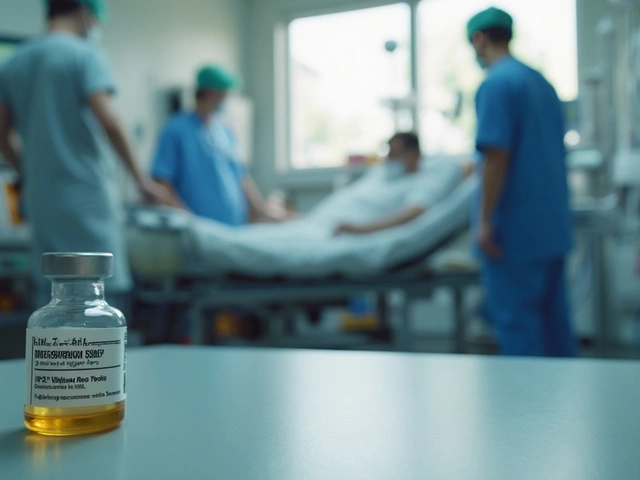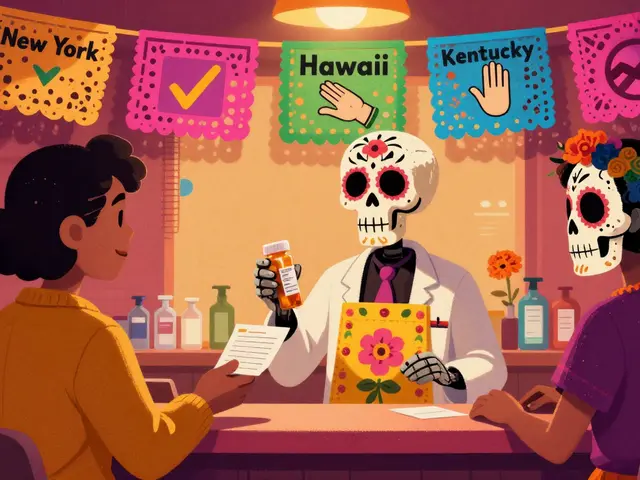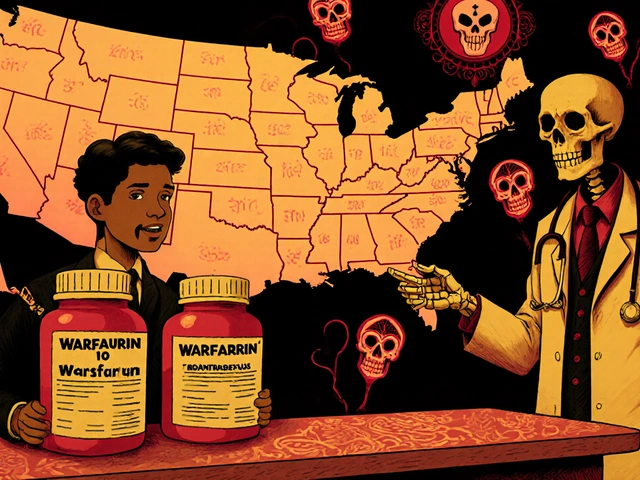Proper disposal of medications: keep people and the planet safe
Expired or unwanted meds are a hidden hazard. Left in cabinets they can be taken accidentally, used improperly, or dumped into the environment. You don’t need special training to dispose of them right—just a few simple steps will reduce risk to kids, pets, and waterways.
Best option: take-back programs and pharmacy drop-offs
Look for a local drug take-back event or a permanent collection box at your pharmacy. These programs destroy medicines safely and are the simplest option for most pills and patches. The U.S. DEA and many local health departments run regular take-back days; pharmacies often accept unused meds year-round. If your medication is a controlled substance (opioids, certain sedatives), prefer a take-back—don’t try to handle disposal yourself unless required.
Safe home disposal when take-back isn’t available
If no take-back option exists, follow this quick home method: remove pills from their original containers, mix them with an unappealing substance (used coffee grounds, dirt, or cat litter), seal the mixture in a sturdy plastic bag or container, and toss it in the household trash. Scratch out personal information on the empty pill bottle or pharmacy label before recycling or throwing the container away. This hides your private data and makes the meds less tempting to others.
Do not flush medicines down the toilet unless the label or patient information specifically tells you to. Flushing can send active drug ingredients into rivers and drinking water. Certain drugs—like some strong opioids or specific hazardous medicines—may come with a manufacturer’s disposal bag to neutralize and flush; follow the medication guide exactly when that’s the case.
Sharps (needles, syringes, lancets) need a different approach. Never toss loose sharps in the trash. Use a designated sharps container or a heavy-duty plastic container with a tight lid. When full, check local rules—many pharmacies, hospitals, or municipal waste programs accept sealed sharps containers. Some areas allow mail-back programs or special drop-off sites.
If you’re on chemotherapy, certain hormone treatments, or other hazardous drugs, ask your clinic or pharmacist for disposal instructions. These medicines require special handling to avoid exposing family members or sanitation workers.
One last tip: keep a small storage box for unused meds and set a calendar reminder to check it every few months. That way you stay on top of expirations and can plan a single trip to a take-back location instead of dealing with scattered bottles.
Need local info? Call your pharmacy or check your city’s health department website. They’ll tell you take-back locations, hazardous waste rules, and any special instructions for your area. A few minutes of effort keeps your home safer and helps the environment.
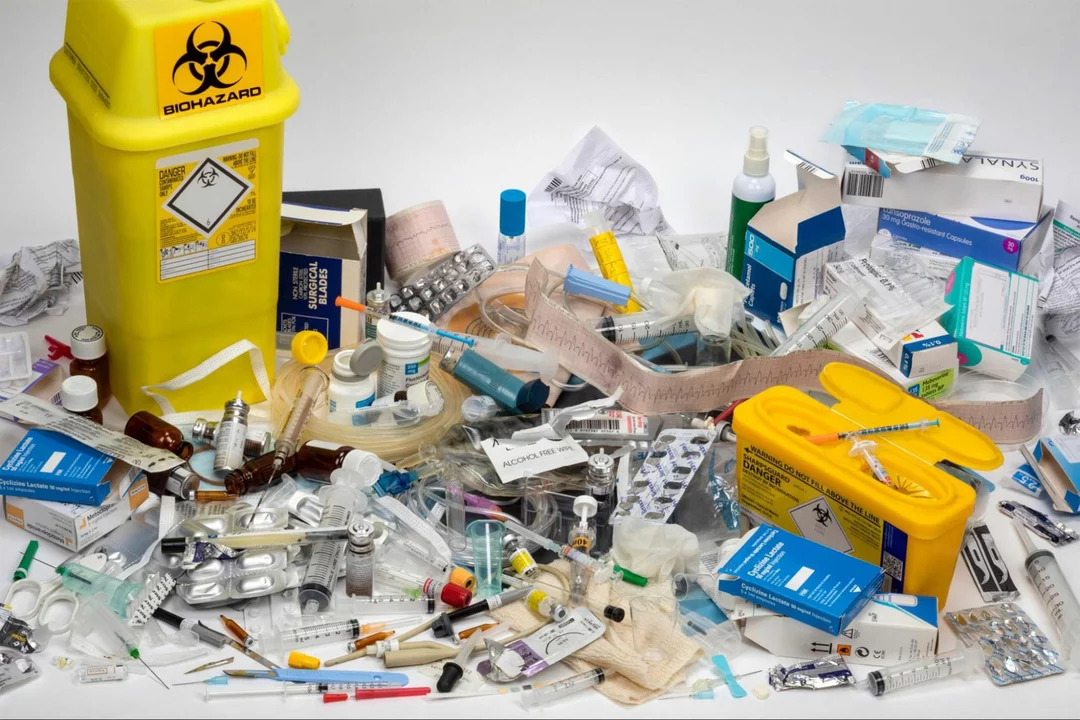
As a blogger, I've recently looked into the proper storage and disposal of Perindopril Erbumine, a medication used to treat high blood pressure. To safely store this medicine, it's crucial to keep it in its original container, away from heat, moisture, and direct sunlight, preferably at room temperature. Also, remember to store it out of reach from children and pets. When it comes to disposal, never flush it down the toilet or throw it in the trash. Instead, follow your local guidelines or talk to your pharmacist about take-back programs to ensure an eco-friendly and secure disposal of Perindopril Erbumine.
Chris Gore Apr 29, 2023
